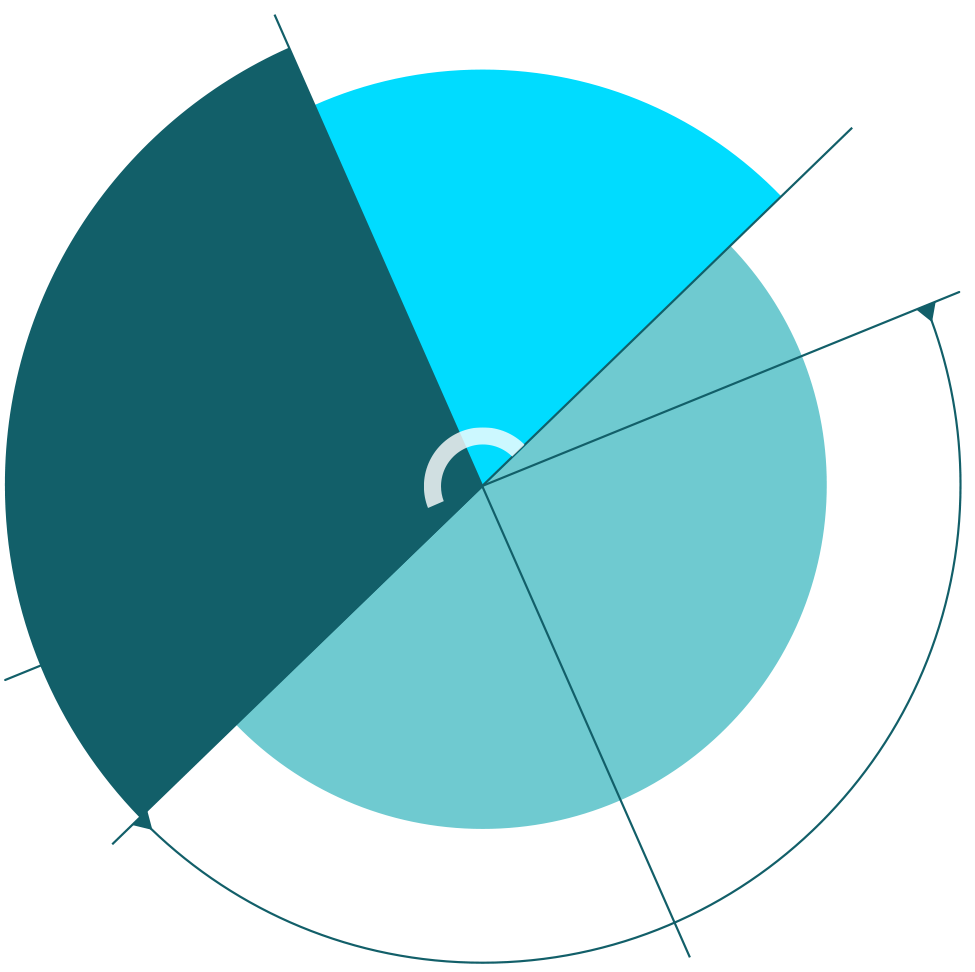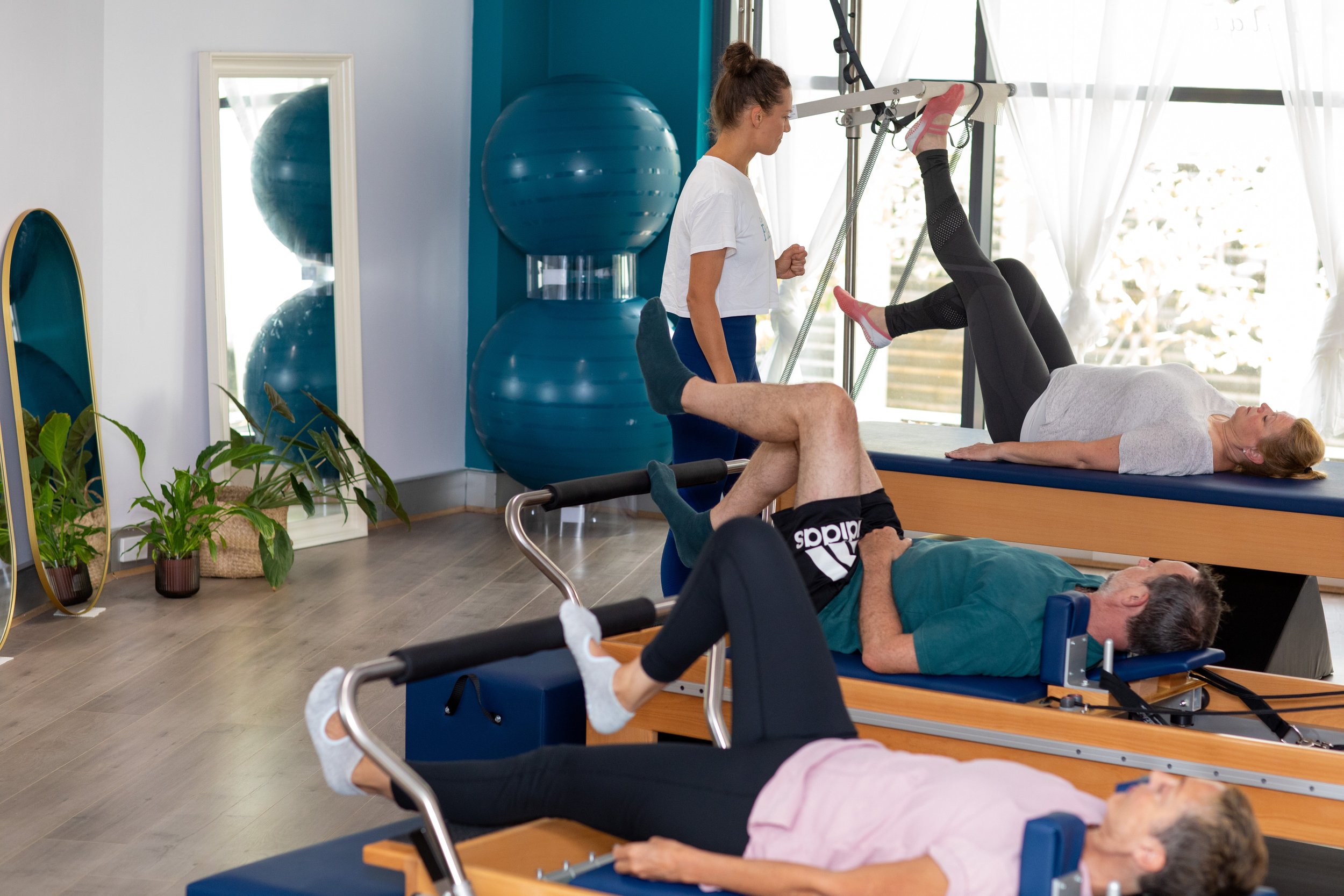What is the difference between Mat, Reformer & Studio Pilates?
Pilates is experiencing a huge boom right now. You’ve probably met someone who’s been attributing their new found glow and confidence to Pilates. There are now so many classes on offer. This is great for us instructors but perhaps a bit confusing for you.
Overall, Pilates is about balancing your mind, body and musculature. The exercises were originally designed by Joseph Pilates to work every muscle of the body uniformly for postural balance and ease to perform daily activities. The exercises have a sequence and flow, combined with strength, flexibility and mobility.
If you’re unsure which style of Pilates is appropriate for you, here’s a bit of a breakdown. This is by no means a complete list as it’s important to note there are various schools of Pilates and teacher training.
Mat Pilates.
Mat Pilates is a series of exercises performed on a mat and may/may not include small props. If you participate in a Classical Pilates Mat class you will follow a sequence of 34 exercises. A contemporary mat class will follow a different sequence but should keep within the Pilates principles. The exercises in a contemporary class may differ from the classical. Mat classes are generally done in a group setting.
Mat Pilates can vary depending on the length of the class and whether the class is at an independent studio or gym. You should always feel safe, guided through the exercises in a way that is accessible to you and work within your own capabilities.
Reformer.
Reformer classes vary widely depending on the studio/gym/instructor and are contemporary versions of Pilates. Reformer generally focuses on fitness, getting a workout and is usually done in larger groups.
The exercises are performed on an apparatus called the Reformer, made up of a moving bed, springs and straps, that work different areas of the body.
Classes may also involve small props to enhance the workout. There may be themed workouts, or different levels of experience or generalised open classes. As with Mat Pilates you should always work within your own capabilities especially if you are pregnant or injured.
Studio Pilates.
Studio Pilates is where we get to focus on you. You move at your own pace with the guidance of a qualified instructor and is probably closest to the original Pilates method. There is a room full of equipment, like a gym, and includes the Mat and Reformer. Each apparatus has its unique features and exercises. With small class sizes and privates, we get to know you and how you move so together we can work towards your strongest self.
Studio Pilates can vary from Classical to Contemporary and will adhere to the Pilates principles. Studio Pilates instructors are highly trained and continue their education through research, scientific studies and movement therapies.
Regardless of the “type” of Pilates you choose, make sure you decide based on comprehensively taught instructors, experience and the appropriate style for you. When you’ve found your style, Pilates is extremely rewarding and provides a unique way of moving that many other types of exercise don’t offer. When you combine Pilates with other movement and physical activity you will see improvements in your performance.
For more check out our Youtube page, website, Instagram and Facebook.


